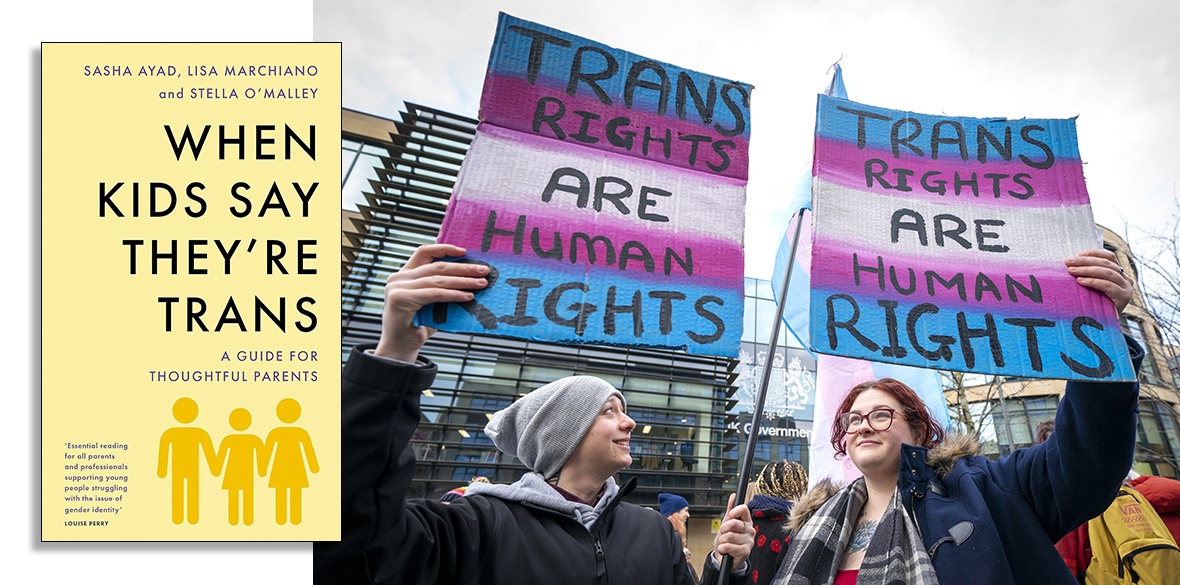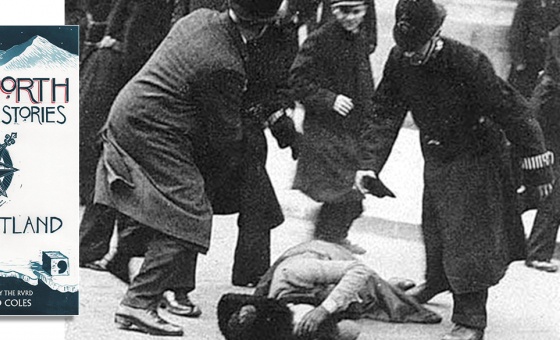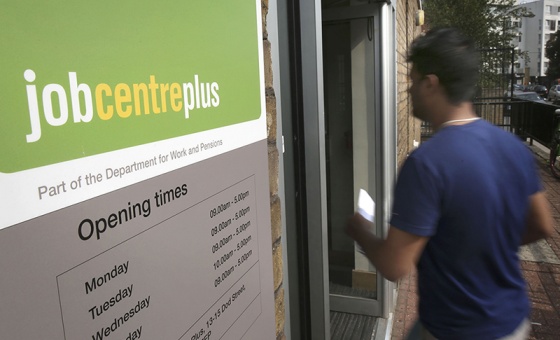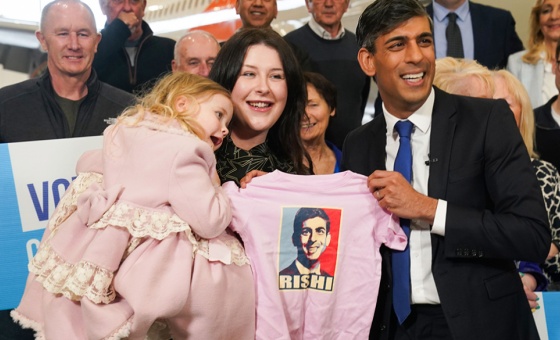This is the last article you can read this month
You can read more article this month
You can read more articles this month
Sorry your limit is up for this month
Reset on:
Please help support the Morning Star by subscribing here
When Kids Say They’re Trans: A guide for thoughtful parents
Sasha Ayad, Lisa Marchiano and Stella O’Malley, Swift Books £20
THE transgender phenomenon disturbs some of our most closely held social norms and has provoked some heated and divisive debate.
This book purports to be a “self-help” guide for a potentially difficult situation and parents or carers with a child who is trans may find some useful information here. What they will not find is an objective or balanced appraisal of a complex issue.
That the authors are writing with a particular outlook is made clear by the flyleaf recommendations from well-known gender-critical writers. Although, at times, the book does provide thoughtful suggestions for how to discuss gender identity with children, it does so from a position of essentially denying the possibility for that child to be defined by anything other than their biological sex. On the contrary, for a young person to be trans is presented as a problem and one the authors want to “fix.”
They make their position clear in the preface: “We believe that socially and medically transitioning a child is not advised, given the current knowledge about risks and benefits.” They offer a core justification for this position on page 3: “We are born in and as our bodies, there are no alternatives.”
These blanket, evidence-light statements ignore the millions of people who are intersex and – as Amnesty International write – “have sexual characteristics that do not fit typical binary notions of male or female bodies.”
They also overlook the significant incidence of hermaphroditism in the natural world and dissolve the vast panoply of gender and sexual identities that have been a constant feature in the history of human civilisation. As Professor Augustin Fuentes in Scientific American (May 1 2023) observes: “Reliance on strict binary categories of sex fails to accurately capture the diverse and nuanced nature of sex.”
While claiming academic rigour, the book uncritically uses research evidence that is contested. The most obvious example is their focus on Rapid Onset Gender Dysphoria (ROGD). In rejecting the reality of some young people who want to be liberated from the conventional constraints of socially constructed gender roles, the book glosses over some of the questionable research around ROGD.
These issues can be uncomfortable, particularly for those of us from a generation and background when they weren’t discussed. But it is important that socialists challenge the conservative and reactionary forces that are exploiting them.
With that in mind, it is worrying that this book appears to disparage young people exploring trans identities, alongside wider forms of political activism. We need more of both, not less.
This book doesn’t offer the kind of analysis that might be helpful for those (including me) who are trying to understand what a loved young person is experiencing in this context.
But I read it while also reading “Control” by Adam Rutherford. That book charts the messy – and sometimes deadly – history of eugenics and other ill-fated attempts to rigidly categorise human beings. This isn’t a direct comparison with “When Kids Say They’re Trans,” but what Rutherford eloquently describes is the almost infinite biological possibilities of our species and how our scientific knowledge about them is growing all the time. Things that were once widely accepted as “scientific facts” have subsequently been disproved.
So we need to keep an open mind about all kinds of things, including sex and gender and how young people relate to them.












